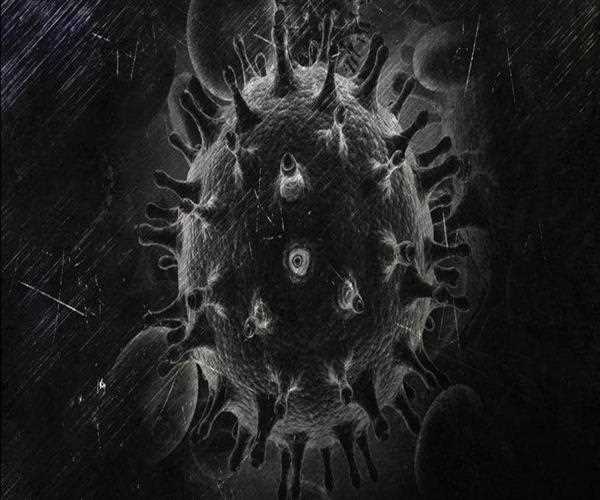• Black fungus disease is associated with fungal infections. It is generally caused by getting into contact with fungus spores in the environment. It can also form in the skin after the fungus enters through a cut, scrape, burn, or another type of skin trauma. Black fungus is also known as Mucormycosis.Fungi live in the environment, particularly in soil and decaying organic matter such as leaves, compost piles, rotten wood, and so on. It should be noted that this rare fungal infection affects persons who have health issues or who use drugs that weaken the body's ability to fight the infections.
It affects the sinuses, the brain and the lungs and can be life-threatening in diabetic or severely immunocompromised individuals, such as cancer patients or people with HIV/AIDS.
Black fungus, until recently, was a rare fungal infection, with only a few cases reported across the globe. But it has now emerged as a new catastrophe, which needs immediate treatment. Black fungus has a very high mortality rate hence, it is important to be cautious and look out for the symptoms, well on time. The infection majorly attacks parts of your face and can cause severe facial deformities. Medically, this is also referred to as “rhino-orbital-cerebral-mucormycosis”. The infection causes acute swelling and inflammation across the sinus passage. Other symptoms one should look out for
read more
As per the research black fungal infection can spread in a body through bloodstream, infect body parts and organs.


Pulmonary mucormycosis (lung) - It is the most common in patients with cancer and in patients who have had a stem cell transplant or an organ transplant.
Rhinocerebral mucormycosis (sinus and brain) - It is the sinus's infection that can spread to the brain. This is most common in patients with uncontrolled diabetes and in patients who have had a kidney transplant.
Cutaneous mucormycosis (skin) – It is the skin infection when fungi enter the body through damaged skin (due to surgery, severe burn or any type of skin injury). This is the most common among people who do not have weakened immune systems.
Gastrointestinal mucormycosis - It is common among young children especially low birth weight and premature infants age less than 1 month, who have had surgery or on medications that lower the body’s ability to fight illness.
Disseminated mucormycosis – It is the infection commonly affects the brain but when infection spreads through the bloodstream and can affect other body parts and organs such as heart, spleen and skin.
Who are at risk of Black Fungal Infection - Mucormycosis?
• Coronavirus and other severe acute respiratory syndrome (SARS)
• Viral diseases
• Immunodeficiency disorders etc
Black fungus cases in India;
40,845 such cases reported during the second wave of the Covid-19, of which 64 per cent were co-morbid with diabetes and 53 per cent were on steroids. More than 85 per cent of those who developed the fungal infection also had Covid-19.
